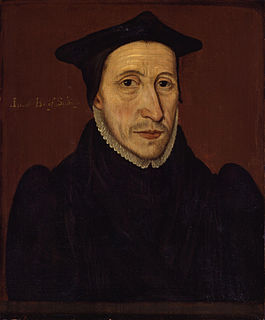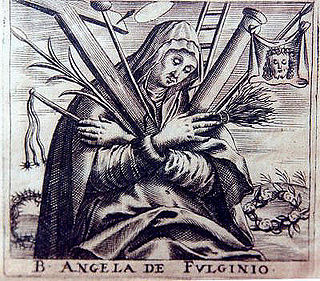A Quote by John Jewel
As the body dieth when the soul departeth, so the soul of man dieth, when it hath not the knowledge of God.
Related Quotes
But let there be no misunderstanding: it is not that a real man, the object of knowledge, philosophical reflection or technological intervention, has been substituted for the soul, the illusion of theologians. The man described for us, whom we are invited to free, is already in himself the effect of a subjection more profound than himself. A 'soul' inhabits him and brings him to existence, which is itself a factor in the mastery that power exercises over the body. The soul is the effect and instrument of a political anatomy; the soul is the prison of the body.
It is God's earth out of which man is taken. From it he has his body. His body belongs to his essential being. Man's body is not his prison, his shell his exterior, but man himself. Man does not "have" a body; he does not "have" a soul; rather he "is" body and soul. Man in the beginning is really his body. He is one. He is his body, as Christ is completely his body, as the Church is the body of Christ
... God cometh sometimes unto the soul when it hath neither called, nor prayed unto, nor summoned Him. And He doth instil into the soul a fire and a love and a sweetness not customary, wherein it doth greatly delight and rejoice ... Thus doth the soul feel that God is mingled with it and hath made companionship with it.
Man is spiritual being -- a soul, in other words -- and that this soul takes on different bodies from life to life on earth to order at last to arrive at such perfect knowledge, through repeated experience, as to enable one to assume a body fit to be the dwelling-place of a Mahatma or perfected soul. Then, they say, that particular soul becomes a spiritual helper to mankind.
It is good reason, that man consisting of two parts, the soul and body, the body only should not take up all, but the soul should be remembered too. Enjoying is the body's part, and well-doing is the soul's; your souls are suitors to you to remember them, that is, to remember well-doing, which is the soul's portion.
To say that I have found the answer to all riddles of the soul would be inaccurate and presumptuous. But in the knowledge I have developed there must lie the answers to that riddle, to that enigma, to that problem - the human soul - for under my hands and others, was seen the best in man rehabilitated. I discovered that a human being is not his body and demonstrated that through Scientology an individual can attain certainty of his identity apart from that of the body. We cannot deal in the realm of the human soul and ignore the fact.






































